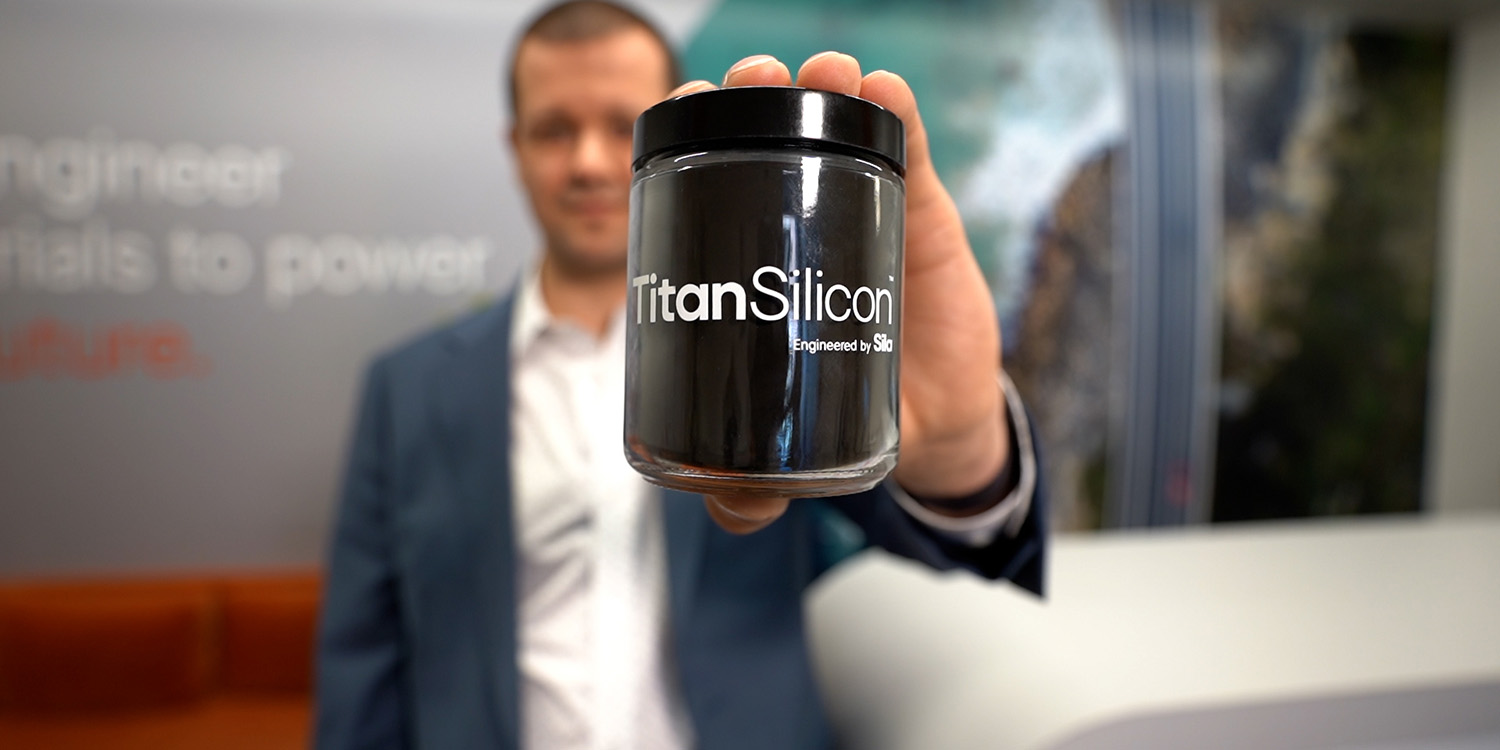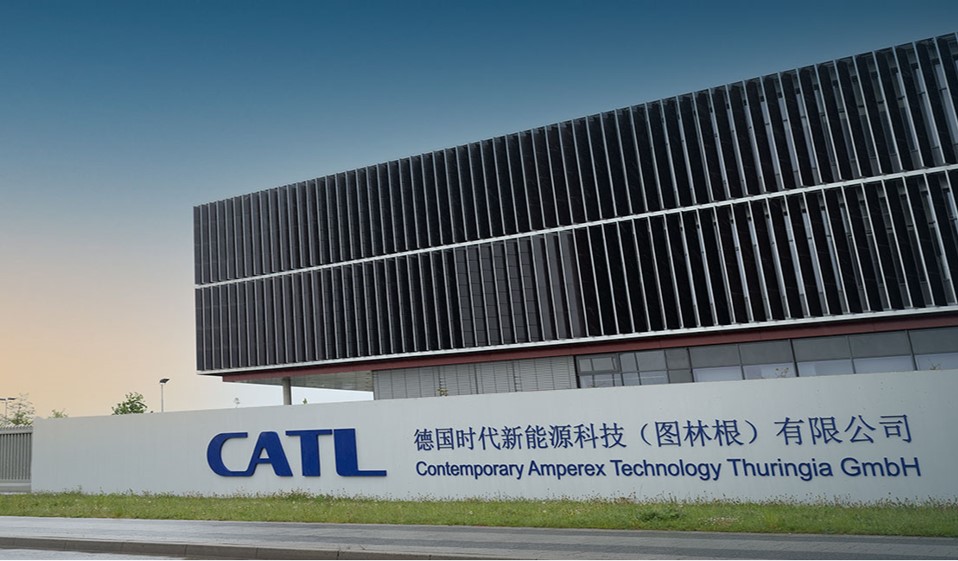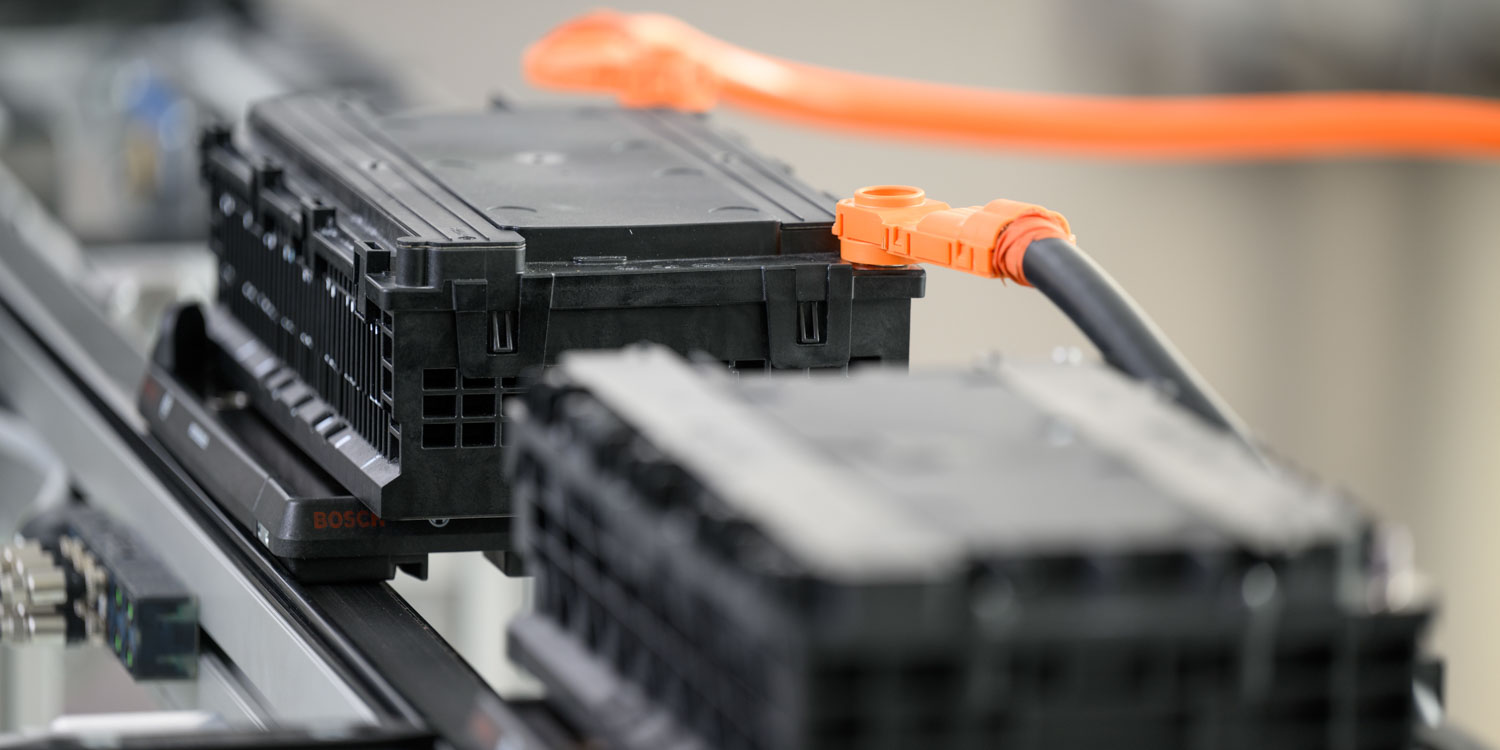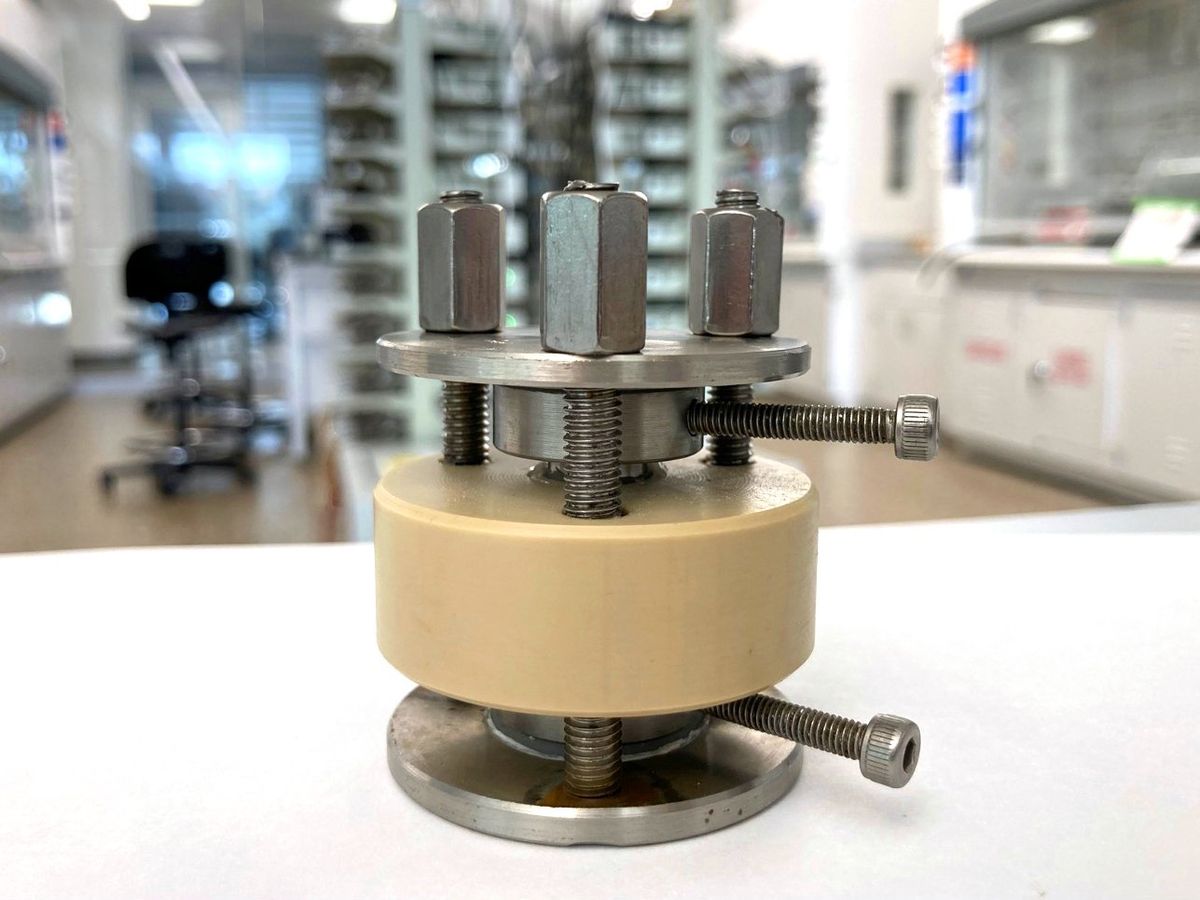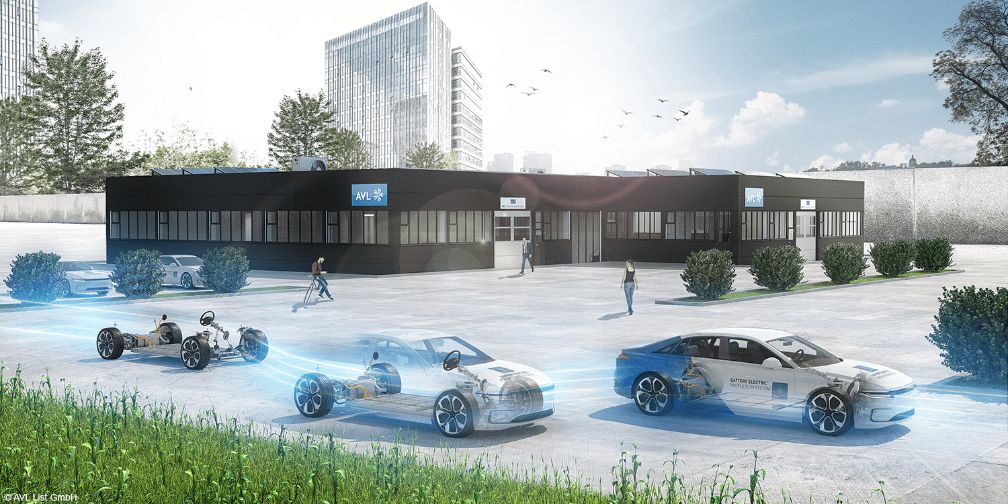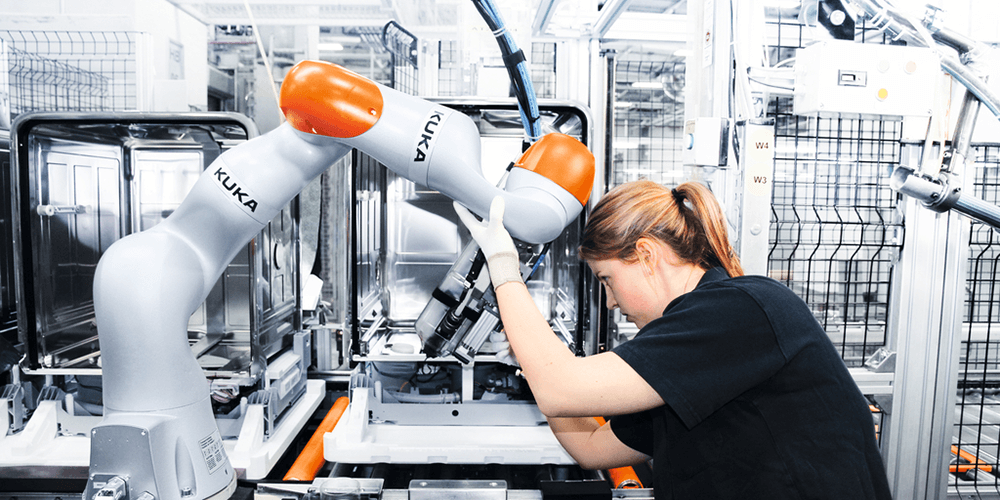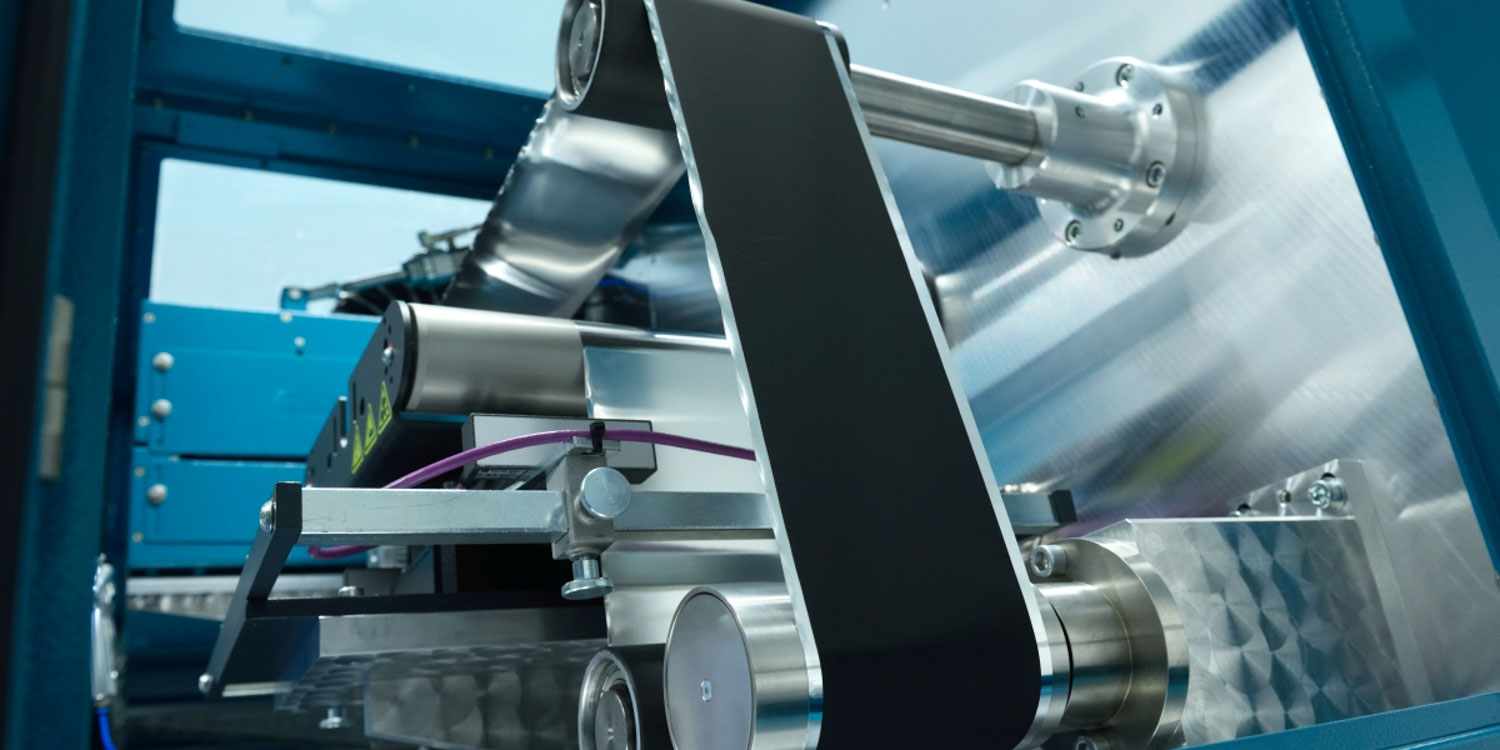Sila Nanotechnologies, a California-based battery material specialist, has developed a breakthrough anode material called Titan Silicon, which is expected to provide electric vehicles with an additional 20% range today and double that advantage in the future. The new material will also significantly improve battery charging times, with charging periods potentially reduced to as low as 10 minutes, compared to the current 60 minutes required for a 10% to 80% charge. Sila also reports that Titan Silicon will reduce battery weight and size by 15% and 20%, respectively, compared to standard electric car batteries.
Sila claims that its new material is “the first market-proven, safe and clean replacement for graphite anodes.” Sila’s first publicly named automotive customer is Mercedes-Benz, which plans to offer the Titan Silicon anode chemistry as an option for the future electric G-Class.
See also: Mercedes-Benz G-Class EV will available with silicon-based battery technology
According to Sila CEO Gene Berdichevsky, “Titan Silicon is the highest performing nano-composite silicon in the market today. Our battery and materials teams are constantly iterating and improving upon our chemistry to deliver the best, and most cost-efficient results possible.” Sila aims to replace graphite electrodes entirely with silicon-dominated composites and is currently building a manufacturing facility in Washington state. The plant is expected to come online in the second half of next year, where it will produce enough Titan Silicon for up to one million electric cars over the next five years.
Sila initially plans to produce the anode material for ten GWh of cells annually if the material is used as a full graphite replacement, or up to 50 GWh of cells if it is used as a partial replacement. The Moses Lake site has the potential for further expansion to reach a production volume for 150 GWh or 750 GWh of cells.
See also: Mercedes-Benz EQG G Wagon to Feature Sila’s Titan Silicon, a Range-Boosting Battery Material
The development of Titan Silicon represents a significant step forward for the electric vehicle industry. As electric vehicles become increasingly popular and the demand for higher performance and faster charging times grows, innovations like this will play an important role in the continued growth and success of the industry.

